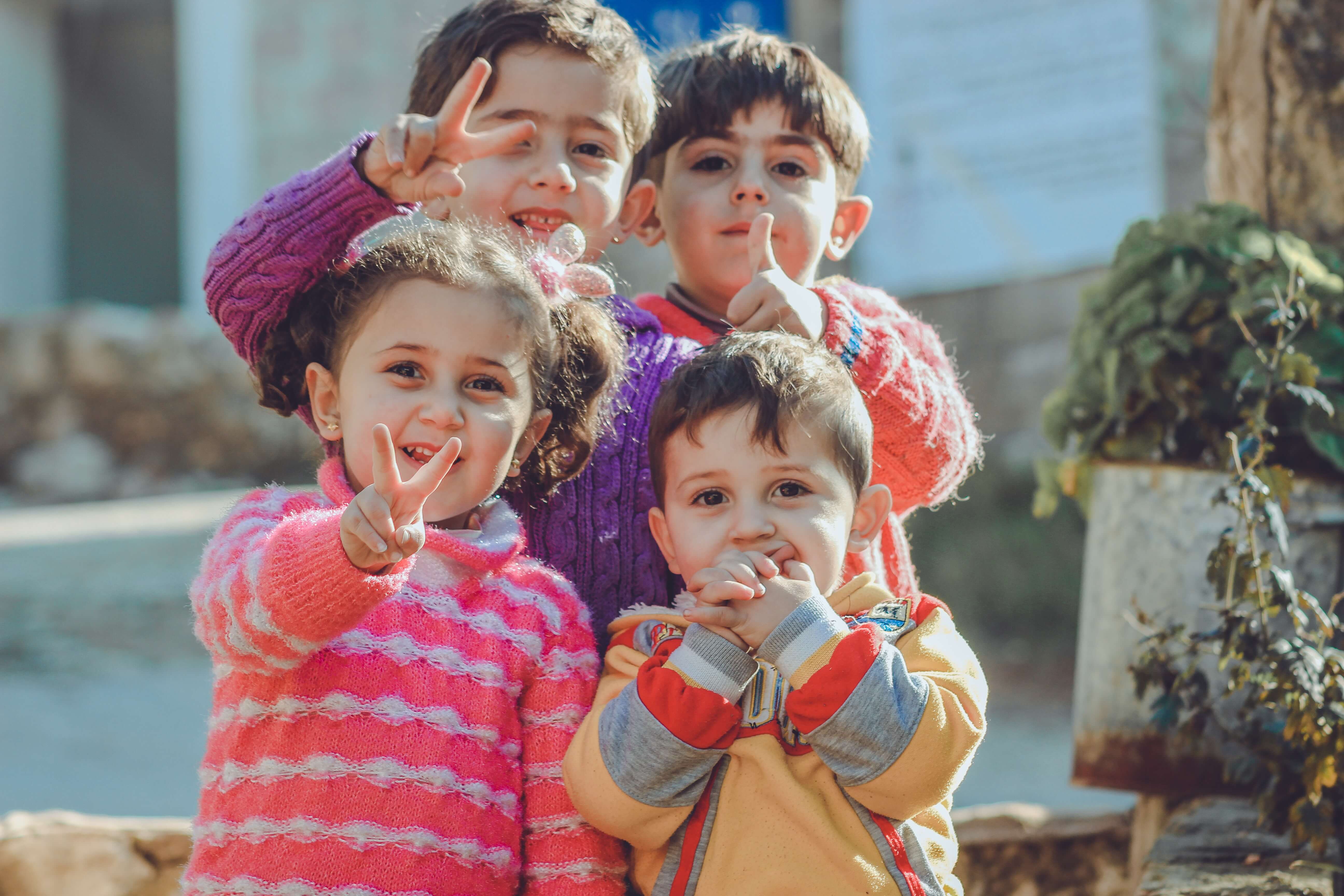What is Developmental Delay?
A developmental delay refers to a child who has not gained the developmental skills expected of him or her, compared to others of the same age. Delays may occur in the areas of motor function, speech and language, cognitive, play, and social skills. Global developmental delay
means a young child has significant delays in two or more of these areas of development.

Developmental Delay FAQs
What you need to know about Developmental Delays
There is not one cause for delays in development. Factors that may contribute can occur beforea child is born, during the birth process, and after birth. These could include:
- Genetic or hereditary conditions like Down syndrome
- Metabolic disorders like phenylketonuria (PKU)
- Trauma to the brain, such as shaken baby syndrome
- Severe psychosocial trauma, such as post-traumatic stress disorder
- Exposure to certain toxic substances like prenatal alcohol exposure or lead poisoning
- Some very serious infections
- Deprivation of food or environment
- In some cases, it may not be possible to find the cause of the developmental delay
There are many different signs and symptoms of delay that can exist in children and often vary depending upon specific characteristics. Sometimes you may see signs in infancy, but in other cases they may not be noticeable until your child reaches school age. Some of the most common symptoms can include:
- Learning and developing more slowly than other children same age
- Rolling over, sitting up, crawling, or walking much later than developmentally appropriate
- Difficulty communicating or socializing with others
- Lower than average scores on IQ tests
- Difficulties talking or talking late
- Having problems remembering things
- Inability to connect actions with consequences
- Difficulty with problem-solving or logical thinking
- Trouble learning in school
- Inability to do everyday tasks like getting dressed or using the restroom without help
If there is an underlying medical reason that causes the developmental delay, identification and
treatment of that condition may improve your child’s developmental skills.
- Physical Therapy
- Physical therapy is often helpful for children with delays in gross motor skills.
- Occupational Therapy
- This can address fine motor skills, sensory processing, and self-help issues.
- Speech and Language Therapy
- Speech therapy is typically used to address problems in the areas of understanding and producing language and speech sounds.
- Early Childhood Special Education
- Early childhood special education provides stimulation for early developmental skills, including play skills.
- Behavioral therapy
- This may be needed in some children for behavioral difficulties that affect socially appropriate behaviors.
